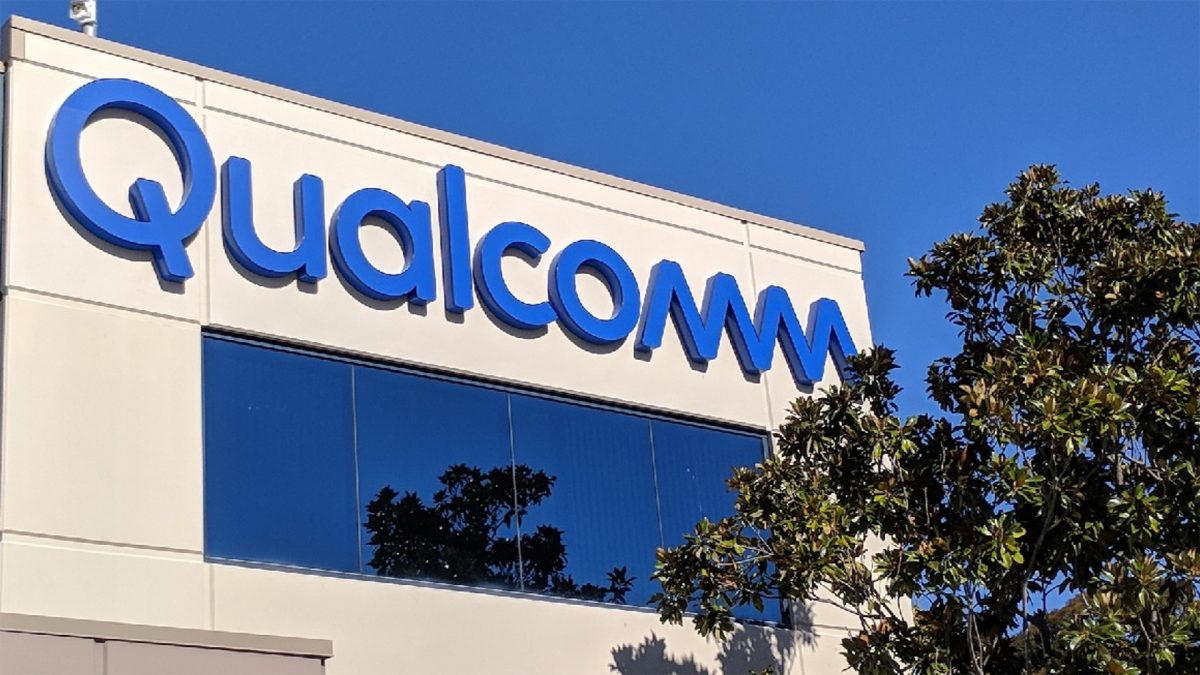Qualcomm will be launching its Nuvia Arm chips for PCs by late 2023, as an answer to Apple’s popular M1 chips. This announcement was made during the company’s earnings call, in which Christian Amon, President and CEO of Qualcomm, announced that Nuvia powered WIndows laptops are on track to go on sale in late 2023.
Despite the hype for Nuvia Arm chips, these will not be the first Windows 11 chips that Qualcomm would launch. The company already has a line of Snapdragon chips that are available in various Windows 11 PCs, the latest of which is Snapdragon 8CX Generation 3. While they are nowhere near as fast as Apple’s M1 chips, Amon said that he was happy with the commercial and enterprise designs of Windows 11 systems build using the chips.

Qualcomm announces that Nuvia Arm chip Windows laptops could be on sale in late 2023
With the Nuvia Arm chips, Qualcomm is targeting the “performance tier” and looking to put up tough competition against Apple. As of now, there is no other competitor to Apple’s M1 desktop and laptop chips, which are powerful enough to compete against x86 chips, as well as discrete graphics from Nvidia and AMD.
The earnings call also revealed that device makers will be able to get their hands on the Nuvia Arm chips in the second half of 2022, which is when we should expect benchmarks to leak out. It is also important to note that by the time Nuvia Arm chips hit the market, Apple will likely have released M2 or M3 chips, which should be even faster than the current M1 chips.
Qualcomm had acquired Nuvia in January 2021, which was founded by former Apple and Google chip designers in 2019. Qualcomm’s intentions were clear from the acquisition – they wanted to compete against Apple Silicon, as their current offerings lack the performance and efficiency of the former.
Having a successful line of Nuvia chips for Windows laptops could allow for all-day battery life and always-connected PCs. These chips could also power Windows tablets, which could potentially help them compete against iPads too. Qualcomm could potentially use its portfolio of 5G offerings and combine them with its Nuvia chips to offer the connectivity options that MacBooks do not have, even with the M1 chip.
via Toms Hardware